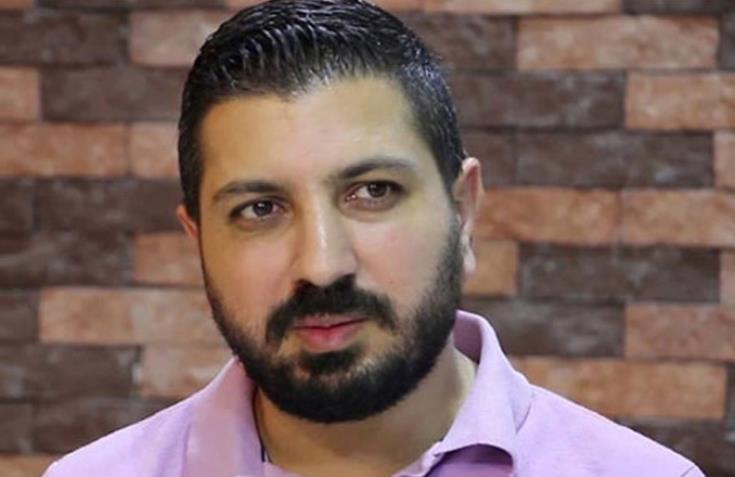The Turkish Cypriot police began investigating Ali Kismir before a complaint was filed against him, according to police inspector Durmus Aydin.
Aydin was called as the third and final witness in the preliminary inquest into Kismir, who faces up to 10 years in prison for “insulting” the Turkish Cypriot armed forces in a Facebook post in which he likened their headquarters to a brothel after it had allegedly been visited by representatives of Ersin Tatar in the run-up to that October’s Turkish Cypriot leadership election.
Aydin told the court he was appointed to work on the investigation into Kismir’s post on August 24, 2020, and that he then contacted four Turkish Cypriot universities – the European University of Lefka, the Cyprus International University, the Near East University, and the Eastern Mediterranean University – the following day.
The aim of getting into contact with the universities, he said, was for “the experts at their literature faculties to investigate whether what Ali Kismir wrote contained insulting and derogatory content”.
He said that both the European University of Lefka and the Near East University had provided written responses to the police on September 23, 2020, and that it was only two days later on September 25 that Lieutenant Colonel Cengiz Dogan filed a formal complaint.
He was then questioned by Kismir’s defence lawyer and Cyprus Turkish bar association chairman Hasan Esendagli, telling him that both Dogan and the ‘TRNC Security Forces Command’ had filed complaints when the formal investigation began.
He also said the formal complainant in the case was the ‘TRNC Security Forces Command’, and when asked whether there was any word in the post which insulted the armed forces, he said “no”.
Esendagli then told the court that “the complainant and the investigator in this matter are the same people”, but Aydin disagreed, saying it was the military who were the complainant but that the police were investigating this.
If Aydin’s version of events is correct and his commencement of investigations began before a complaint had been filed, this would be an aberration from the norms of how criminal proceedings happen in the north.
High-profile lawyer Mine Atli told the Cyprus Mail after the end of court proceedings that “if this is true, it is a massive deal”.
“For any investigation to be undertaken, there needs to be a complaint. Even when you see big scandals and the police are asked why they have not begun investigating, they say they are waiting for a complaint to be filed,” she said.
She added, “the prosecution brought forward the lieutenant colonel who said, ‘I made the complaint’. They only ever launch investigations before a complaint is made if they conclude that it was a matter which harms the public.”
She used the example of domestic violence cases, saying, “we have witnessed women be beaten by men, but when we have gone to the police, they have been insistent that the woman herself must come forward”.
“This just shows the hypocrisy on show here. Their actual intention is not to rectify harm which has been done, but to prosecute someone for what they have written,” she said.
The day’s court proceedings ended with prosecution lawyer Hasan Bosnak telling the court there was “sufficient testimony” for the case to be transferred to a criminal court.
However, Esendagli called for the case to be adjourned, saying that the law which provides for a 10-year sentence in the event that Kismir is found guilty will be referred to the north’s constitutional court.
Judge Zehra Yalkut Bilgec acquiesced to his request, and the case was adjourned until January 16.
Cengiz Dogan was the first witness to be called in the case, telling the court that Kismir’s words had actually made people cry, while the second witness was the European University of Lefka’s Turkish language professor Oguz Karakartal.
Esendagli had argued in court that Karakartal’s position on the matter is “not objective”, given that Karakartal had made frequent posts on social media in support of Turkish military activities.
Meanwhile, five diplomatic missions in Cyprus offered their support to Kismir, with US ambassador in Nicosia Julie Davis Fisher describing the trial as “a critical moment for press freedom”.






Click here to change your cookie preferences